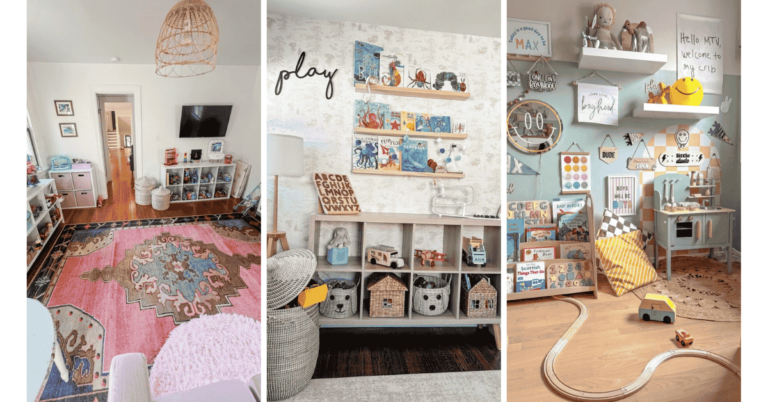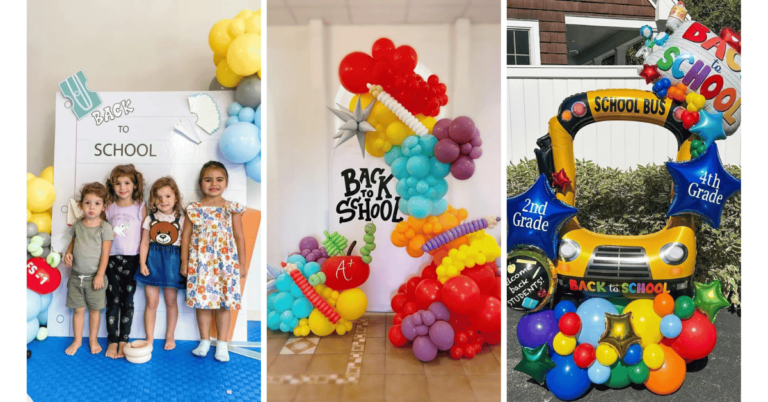emotionally bonding questions to ask your kids daily
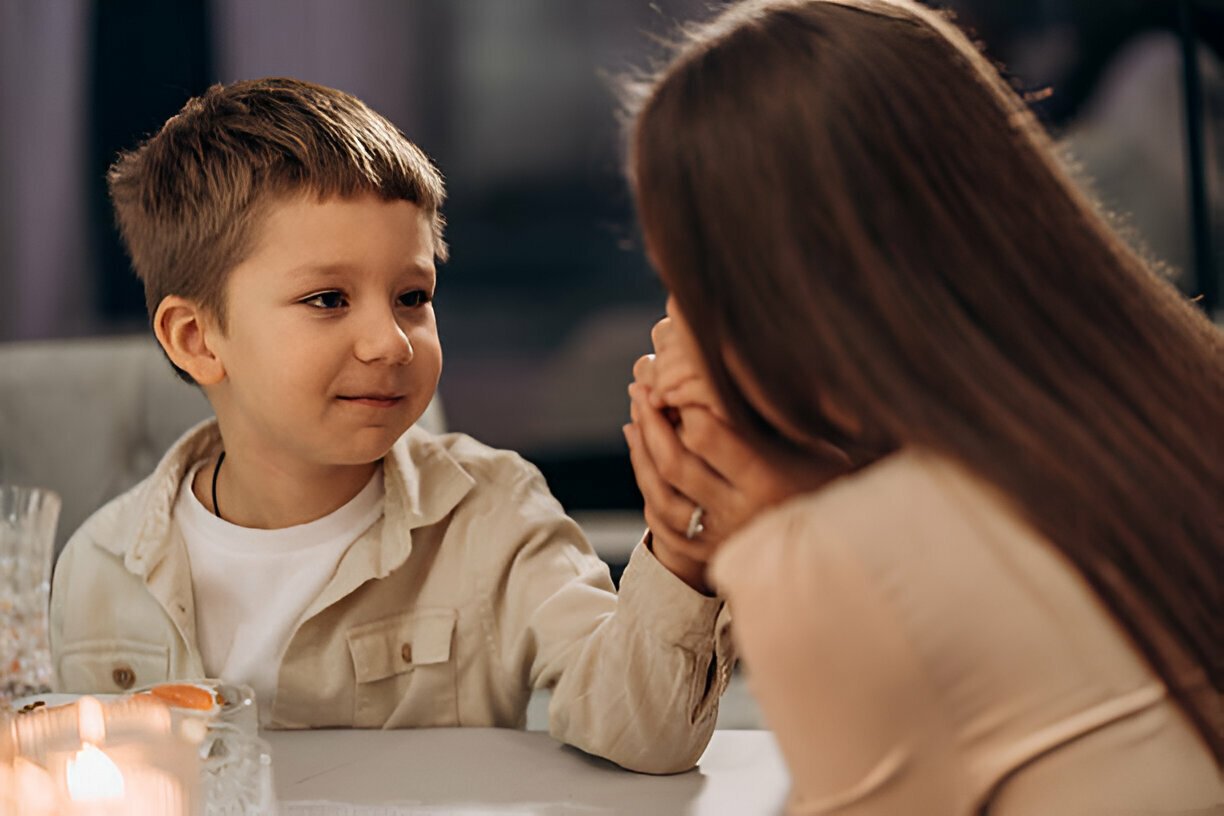
Building strong emotional connections with your children doesn’t require grand gestures or perfect parenting moments. Sometimes, the most powerful way to strengthen your bond is through simple, intentional questions asked during everyday moments—over breakfast, in the car, or at bedtime.
Children’s mental health has become an increasing concern for parents everywhere. Recent studies show that 13.1% of youth ages 8-15 have a diagnosable mental disorder, while 20% of young adults will experience a mental health illness at some point. As parents, we can’t simply hope our children will navigate their emotions successfully on their own. We need to create safe spaces for them to share their hearts and learn healthy ways to process their feelings.
The questions you ask your children matter more than you might think. They communicate that their emotions are valid, their experiences are important, and that you’re a safe person to confide in. Here are five emotionally bonding questions that can transform your daily conversations and strengthen your relationship with your kids.
Why These Questions Are So Important
Many parents focus primarily on meeting their children’s physical needs—meals, clothing, transportation to activities. While these are essential, children need emotional nourishment just as much. They need to know that someone cares about their inner world, not just their external circumstances.
Research consistently shows that children who feel emotionally connected to their parents are more resilient, have better self-esteem, and are less likely to engage in risky behaviors. When you ask intentional questions, you’re not just gathering information about your child’s day. You’re teaching them that their feelings matter, that it’s safe to be vulnerable, and that they can come to you with both their joys and struggles.
Five Emotionally Bonding Questions to Ask Daily
1.How are you feeling emotionally today?
This might seem like an obvious question, but it’s far more powerful than asking “How are you?” or “How was your day?” By specifically addressing emotions, you’re communicating that feelings are valid and worth discussing.
When you ask this question, you’re teaching your child to recognize and name their emotions. This emotional awareness is a crucial life skill that will serve them well into adulthood. Some children might initially respond with “I don’t know” or “fine,” and that’s okay. Keep asking consistently, and they’ll gradually become more comfortable sharing.
The key is to listen without immediately trying to fix whatever they share. Sometimes children just need to be heard and understood. If your child opens up about something difficult, resist the urge to jump in with solutions. Instead, try responses like “That sounds really hard” or “I’m here for you” before asking if they’d like your advice.
2.What would you like to do with me today?
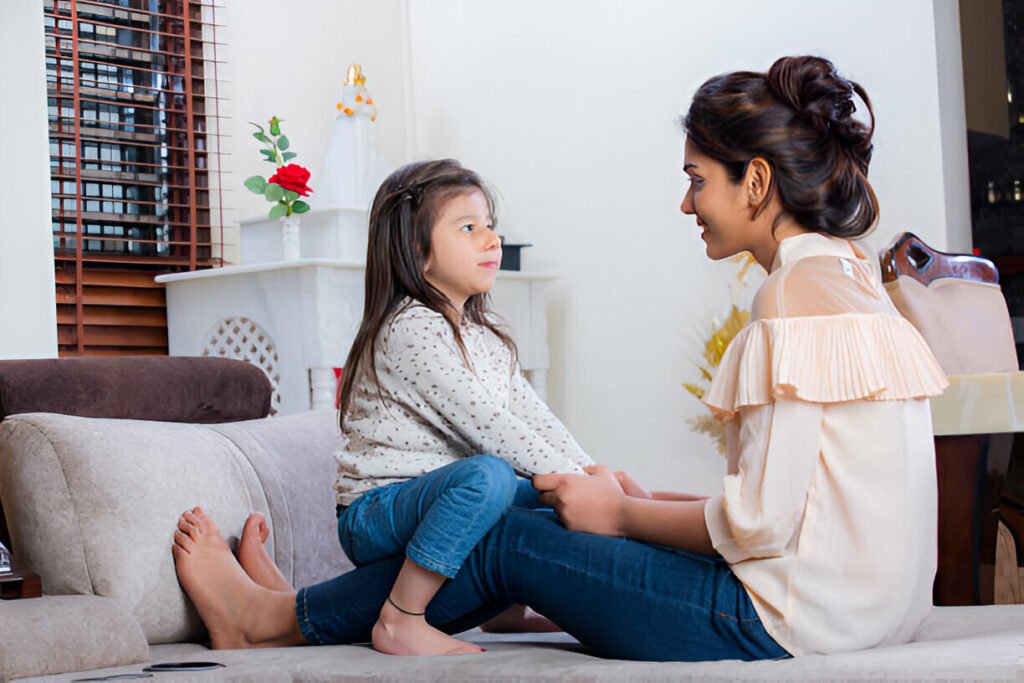
This question shows your child that spending time together is a priority for you. It also gives them a sense of agency and shows that their preferences matter. The activity doesn’t need to be elaborate—even 15 minutes of focused, phone-free time can make a significant impact.
When children feel like they have input into how they spend time with their parents, it strengthens their sense of connection and value within the family. This question also opens the door for meaningful one-on-one time, which becomes increasingly important as children grow older and their social worlds expand.
3.What happened today that made you smile or laugh?
Open-ended questions like this encourage children to think beyond simple yes-or-no responses. They also help shift focus toward positive experiences, which is important for developing gratitude and resilience.
This question serves multiple purposes. It helps you understand what brings your child joy, gives insight into their social interactions, and teaches them to notice positive moments even on difficult days. Sometimes children might not have an immediate answer, and that’s perfectly normal. The important thing is that they know you care about their experiences, both big and small.
4.What are you thankful or grateful for today?
Gratitude is a powerful tool for mental health and emotional well-being. Children who regularly practice gratitude tend to be more optimistic, have better relationships, and experience less anxiety and depression.
In a culture where children are often very aware of what they don’t have, this question helps them recognize the good things in their lives. It might be something as simple as a kind gesture from a friend, a favorite meal, or a sunny day. The goal isn’t to force positivity, but to help children develop the habit of noticing good things in their lives.
5.Is there anything you want to tell me that might be hard to say?

This question creates space for children to share difficult experiences or feelings. By acknowledging that some things are hard to talk about, you’re showing empathy and understanding. This can encourage children to open up about struggles they might otherwise keep to themselves.
The phrase “might be hard to say” is important because it validates the difficulty of sharing vulnerable feelings. It communicates that you understand sharing certain things takes courage, and you’re honored that they trust you with their struggles.
Why These Questions Matter
Creating a Safe Space
When you ask these questions consistently and respond with empathy rather than judgment, you’re creating an emotional safe space for your child. They learn that they can come to you with their authentic feelings without fear of criticism or immediate problem-solving.
Encouraging Open Communication
Regular emotional check-ins teach children that feelings are a normal part of life worth discussing. This open communication pattern established in childhood often continues into the teenage years and beyond, when many families struggle with disconnection.
Providing Emotional Support
Children need to know that they’re not alone in navigating their emotions. When you ask about their feelings and respond with understanding, you’re providing crucial emotional support that helps them develop resilience and emotional intelligence.
Tips for Asking These Questions Effectively
Listen Without Judgment
The most important thing you can do is listen to understand, not to respond or fix. Children need to feel heard and validated before they need solutions. Practice responding with phrases like “That sounds really challenging” or “Tell me more about that” before jumping to advice.
Don’t Try to Fix Everything
As parents, our instinct is often to solve our children’s problems immediately. However, constantly swooping in to fix things prevents children from developing their own problem-solving skills. Sometimes the most helpful thing you can do is simply be present and supportive while they work through their feelings.
Be Present and Engaged
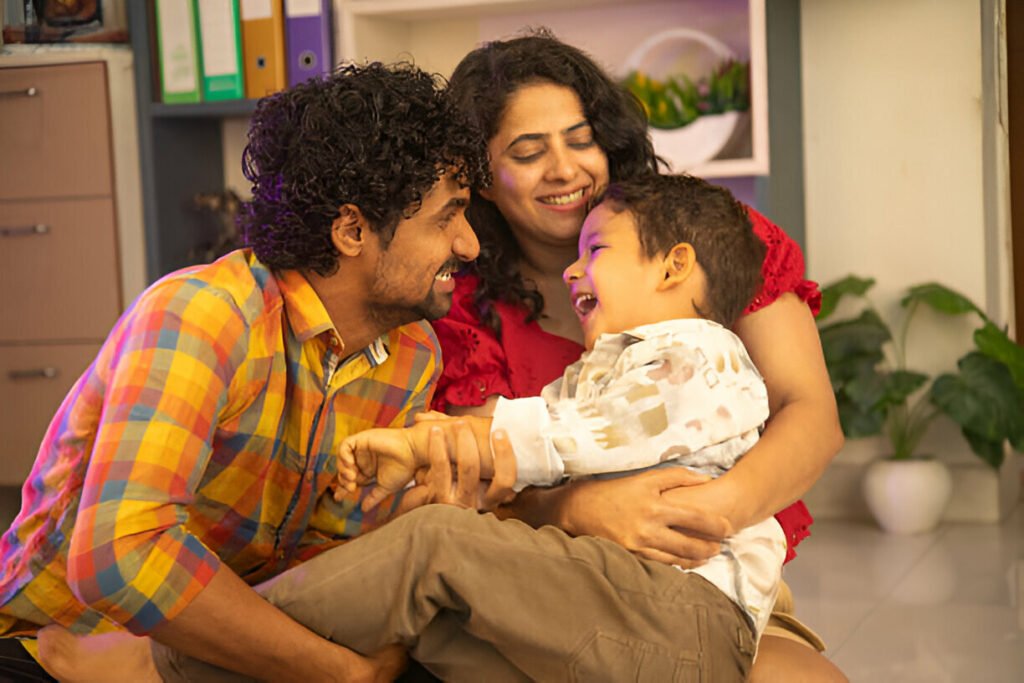
Put away distractions when having these conversations. Make eye contact, use a warm tone of voice, and show through your body language that your child has your full attention. These moments of connection are too valuable to multitask through.
Ask Consistently
These questions work best when they become part of your regular routine. Whether you ask them during car rides, at dinner, or before bedtime, consistency helps children know what to expect and makes opening up feel more natural.
Model Emotional Openness
Children learn more from what they see than what they hear. Share your own emotions appropriately and demonstrate healthy ways to process feelings. When you model emotional authenticity, you’re teaching your children that feelings are normal and manageable.
Building Emotional Intelligence for Life
These five questions do more than just facilitate conversation—they’re building blocks for emotional intelligence. Children who learn to recognize, name, and discuss their feelings develop crucial life skills that will serve them well in relationships, school, and future careers.
Emotional intelligence includes self-awareness, empathy, social skills, and emotional regulation. By regularly engaging in these conversations, you’re helping your child develop all of these areas. They learn to understand their own emotions, consider others’ feelings, communicate effectively, and manage difficult emotions in healthy ways.
Starting Today

You don’t need to ask all five questions every day, and you don’t need perfect conditions to start. Begin with one question that feels natural for your family. Maybe it’s asking about gratitude at bedtime or checking in about emotions during car rides to school.
Remember that some children are naturally more talkative than others. If your child doesn’t immediately open up, don’t give up. Consistency and patience often pay off over time. Even if they don’t share much initially, they’re learning that you care about their inner world and that you’re a safe person to talk to.
Nurturing Lifelong Connection
The goal isn’t to become your child’s best friend or to know every detail of their life. The goal is to nurture a relationship built on trust, understanding, and emotional safety. Children who feel emotionally connected to their parents are more likely to come to them during difficult times and maintain close relationships as they grow older.
Building strong emotional bonds with your children is one of the most important investments you can make as a parent. These five simple questions can become powerful tools for connection, helping you raise emotionally healthy children who feel valued, understood, and loved. Start asking them today, and watch as your relationship with your children deepens and grows stronger over time.

